6 Facts About the ‘5G Revolution’ That Might Ruin Your Day
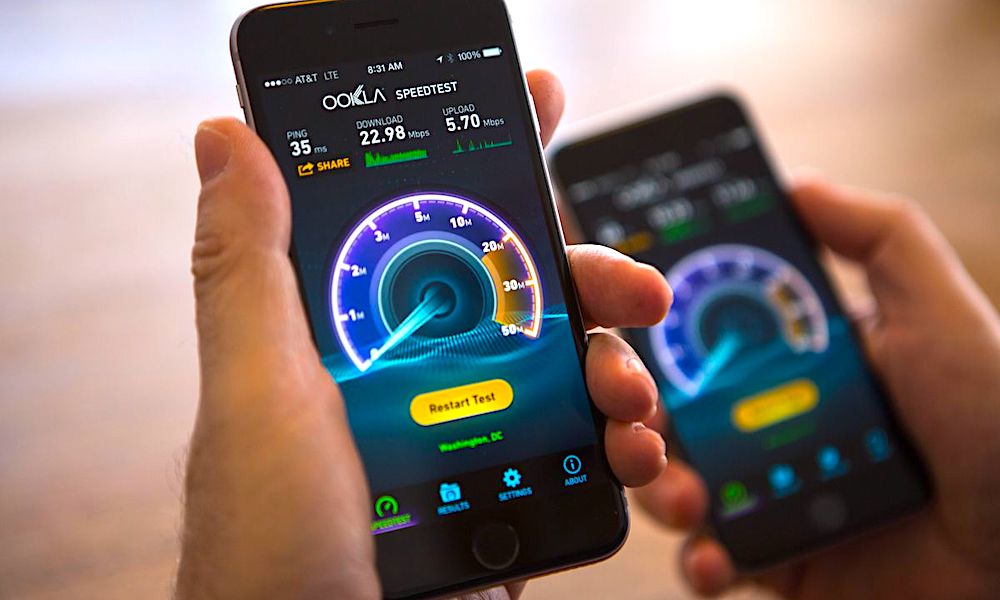 Credit: Olivia Merrion / Re/code
Credit: Olivia Merrion / Re/code
The 5G revolution is coming soon and it will change everything, (at least, that's what modem makers and cellular carriers have been telling us for the last couple of years). The truth of the matter, as you might expect, is a little more complicated...
5G connectivity is on the horizon, but it won't be accessible or practical for the majority of users for at least a few more years. And even then, there are some serious questions about how widely available, affordable and reliable it will be — at least at first. Continue reading to learn 6 Facts About the '5G Revolution' That'll Ruin Your Day.
6 The 5G Rollout Will Take a Long Time
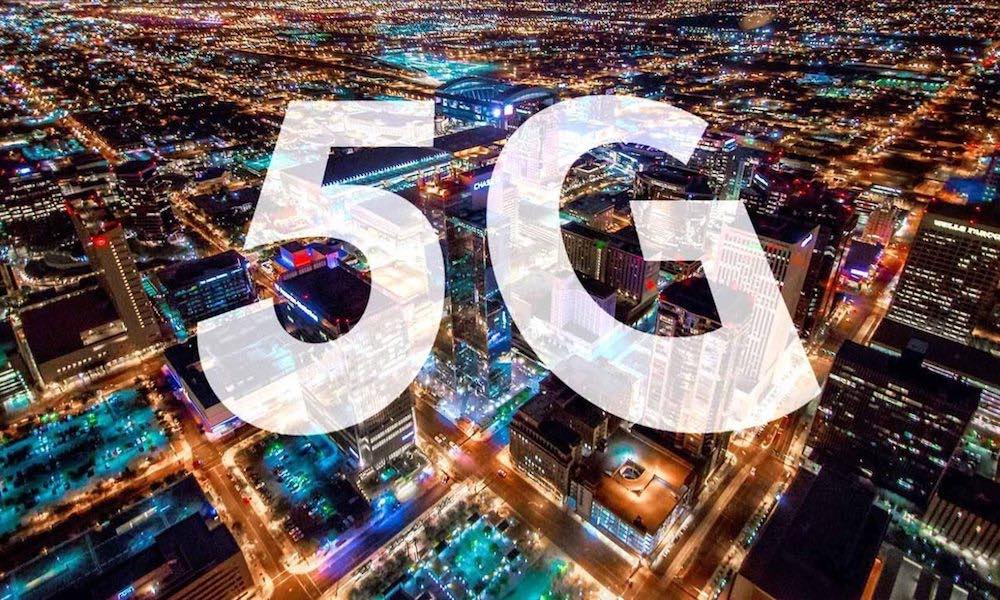
The initial launch of 5G networks is fairly imminent — but for most consumers, that won’t mean much. The early rollout of 5G networks is only happening in a handful of densely populated cities. And even then, the service will be extremely limited and will likely only hit specific areas backed by network hubs.
In other words, a full 5G rollout is years away. That’s especially true for rural or less populated areas (since 5G is going to piggyback on existing 4G LTE infrastructure). The hype may be real, but true widespread 5G connectivity isn’t going to be possible for most consumers for quite some time.
5 Apple Is Sitting out Until 2020 (at Least)
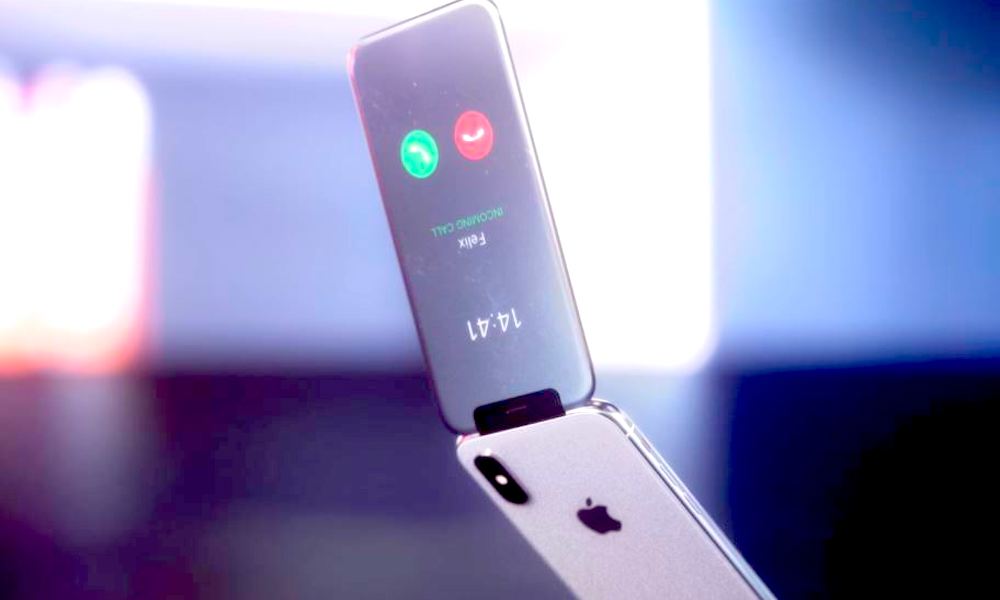
While the hype and enthusiasm around 5G is only growing (particularly among carriers), there’s one company that has been relatively ambivalent about the next-generation technology. If you haven’t guessed, it’s Apple.
Apple typically adopts new network technology at a slower pace than its Android counterparts. That could be attributable to the fact that it’s waiting for the aforementioned kinks to be worked out. In any case, a 5G iPhone isn’t on the docket until 2020 at the earliest.
4 You'll Want to Wait Longer for Apple's Modem
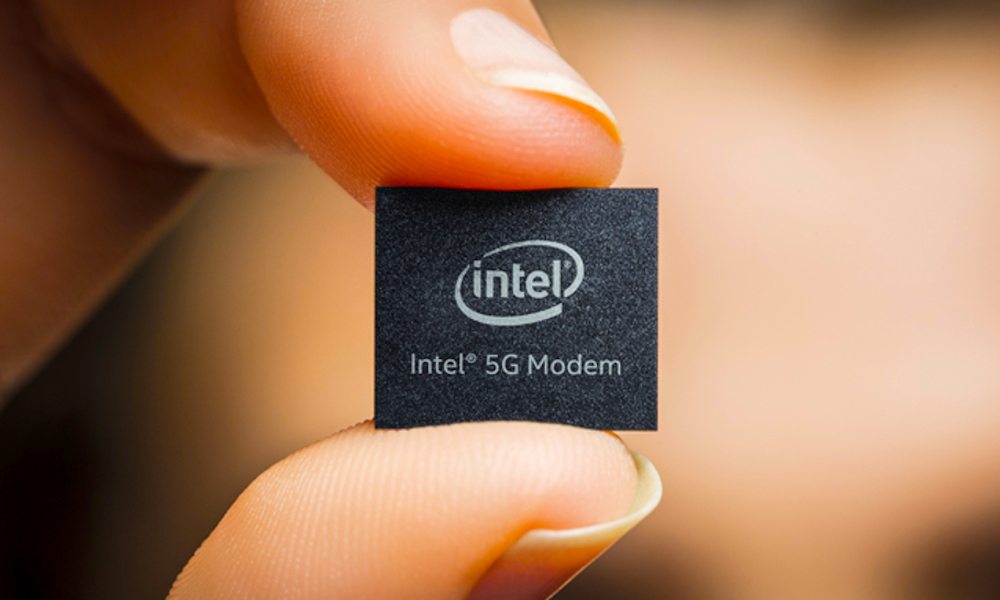
Apple has been making steady progress toward designing and producing many of its critical components in-house. Just think of the A-series chipsets or the rumor that Apple is going to ditch Intel in favor of its own first-party Mac processors.
Apple is also rumored to be working on first-party modem technology. Knowing Apple, it may be worth waiting for. Apple’s devices are the fastest on the market because it maintains tight control of both its hardware and software. It’s not a stretch to think an Apple-designed modem is going to be a major boon for iPhone users.
3 5G May Be Disastrous for Battery Life
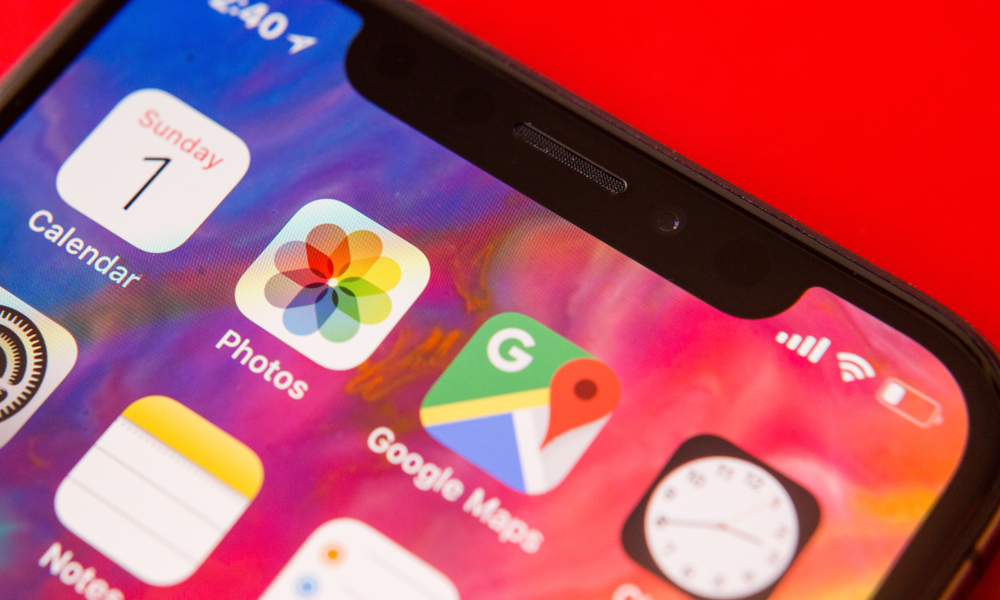
You may not have noticed it at the time — or you may have forgotten — but when the first LTE devices started rolling out, our collective battery life took a major hit. Consumers had to wait for carrier and OEM updates to get battery life back to relatively acceptable levels.
When it comes to 5G, we just don’t know how much of a battery-killer 5G it could be. Even 5G proponents at Qualcomm say it’s “too early” to talk about battery life issues and that additional testing is needed. It may be speculation at this point, but 5G-enabled smartphones could take a huge step backward in terms of battery life.
2 5G Isn’t Going to Come Cheap

Advancements in technology don’t usually come cheap — and 5G connectivity isn’t going to be any different. We don’t have any exact details on pricing since carriers and OEMs have been tight-lipped about their future offerings. Just expect to pay a premium for a 5G contract (likely with lower data caps) at the majority of carriers.
That’s not even considering the fact that you’ll need a 5G-capable smartphone to connect to those networks. You won't be able to use your existing smartphone on 5G networks, and the new one you'll have to buy is likely going to be even more expensive. Again, we don’t have many details on the first 5G-enabled devices, but a price tag of $1,000 or even more is pretty likely.
1 You're Taking 4G LTE for Granted
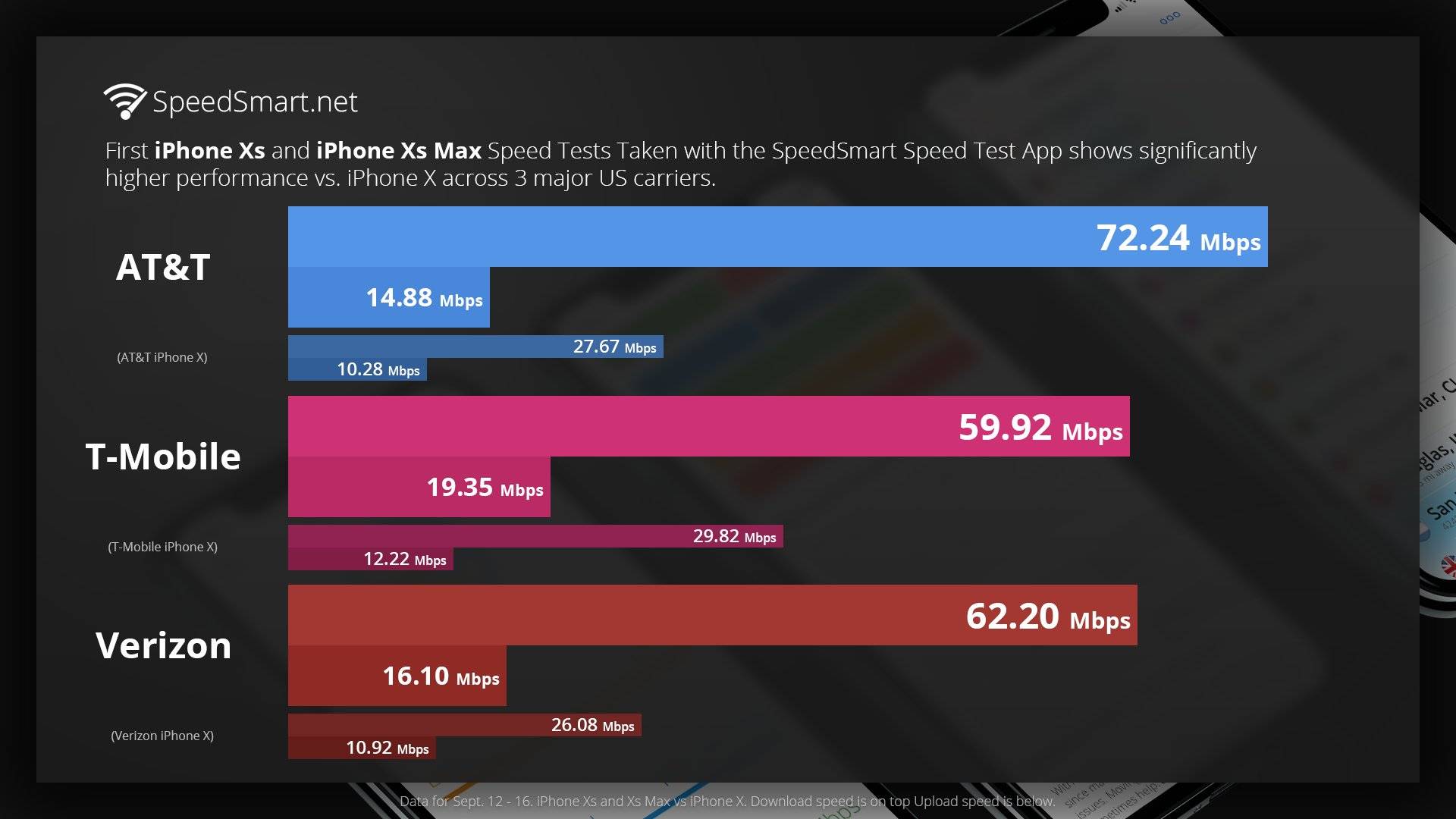
Amid all of the talk and hype about 5G being the next massive leap forward in technology, many people probably forget something. Namely, the fact that 4G LTE networks are already fast. Rushing to get the next big leap in technology often makes us take for granted what we already have.
Sure, your standard 4G LTE network isn’t going to allow you to download a 4K movie in seconds. But just think about how zippy your 4G LTE network is on a day-to-day basis, aside from those particular scenarios. Chances are, you’re able to do just about everything you want to do at a comfortable pace. 5G is coming, but most of us certainly won’t need it as soon as possible.
